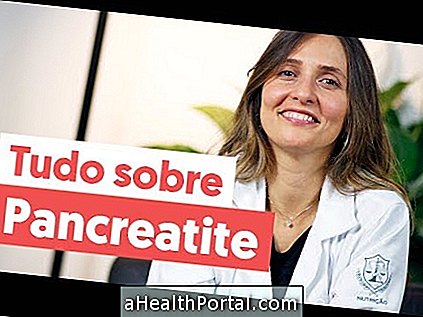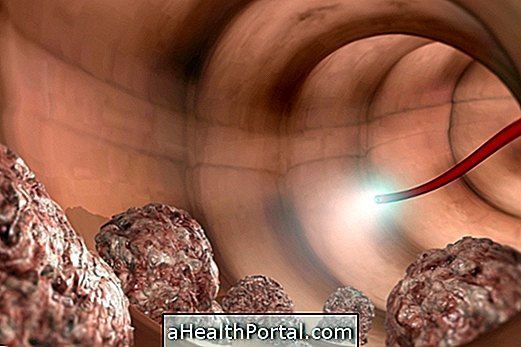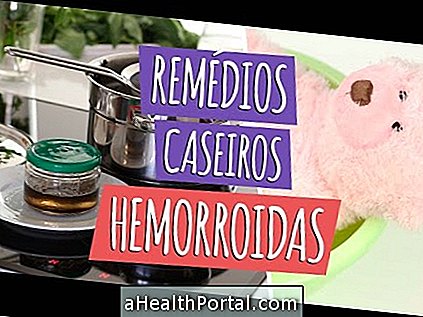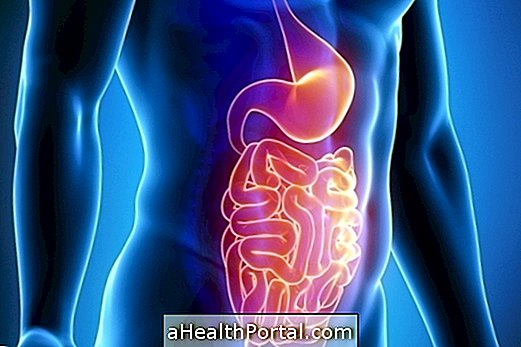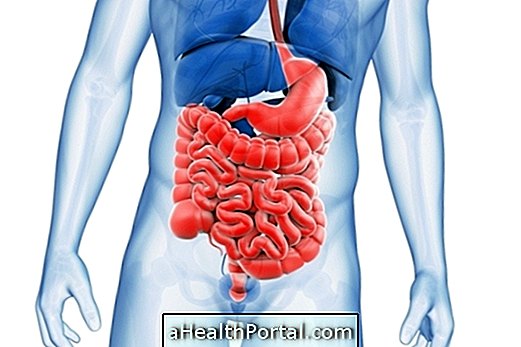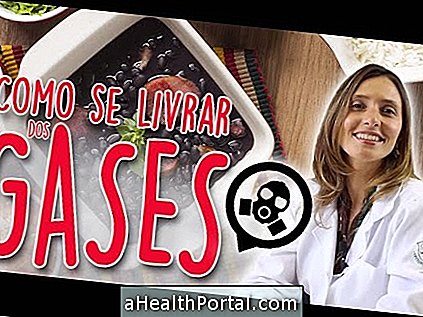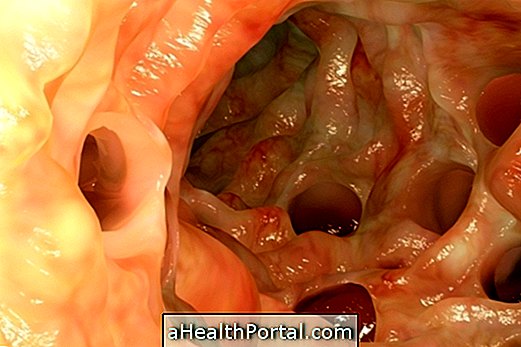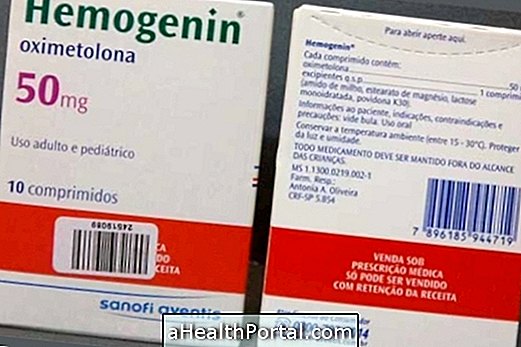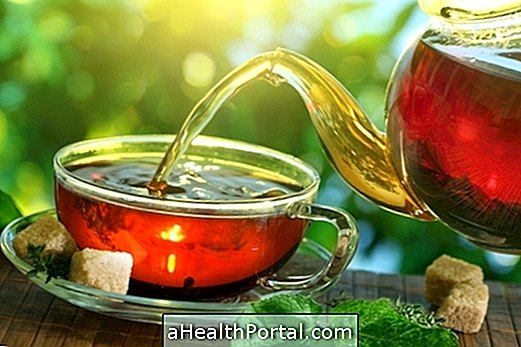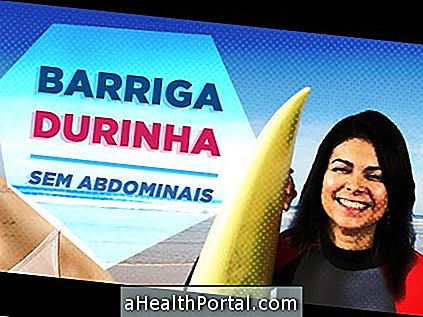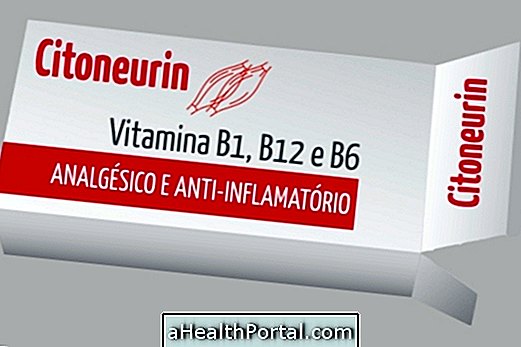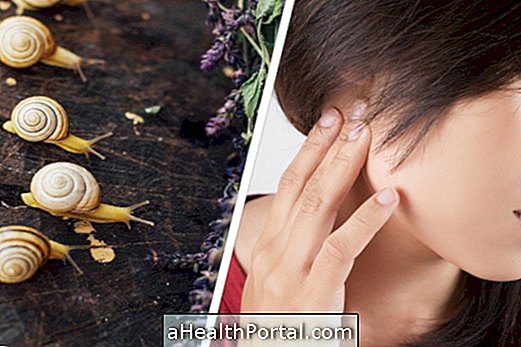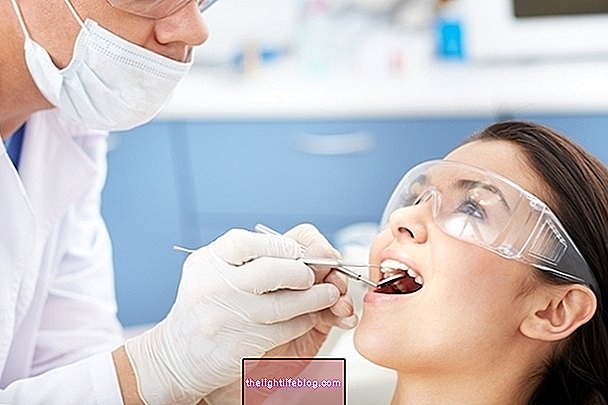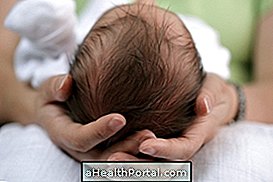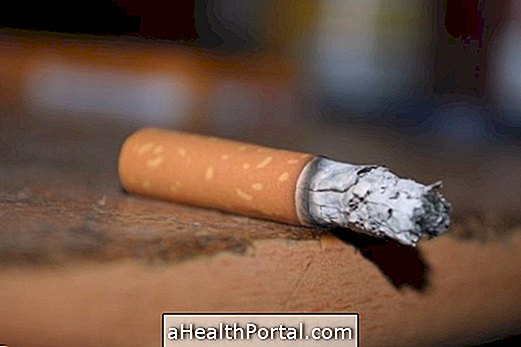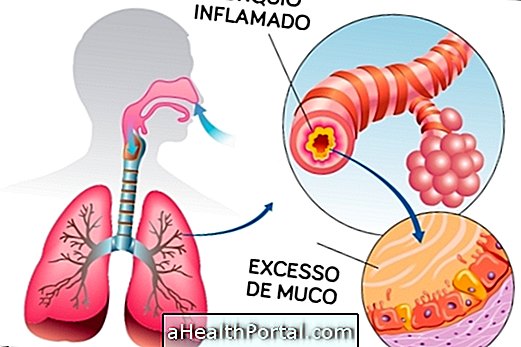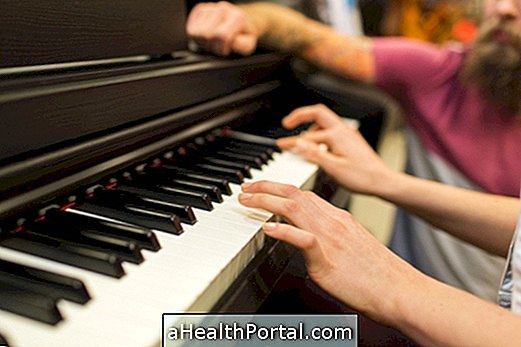Acute pancreatitis is inflammation of the pancreas that can occur due to excessive consumption of alcoholic beverages or the presence of stones in the gallbladder, causing severe abdominal pain that arises suddenly and is extremely disabling.
Patients with acute pancreatitis usually recover easily when the cause of the disease is identified, so surgery may be needed to remove stones from the gallbladder, for example.
Acute pancreatitis is cured and its treatment must be started at the hospital with medicines directly into the vein to relieve symptoms.
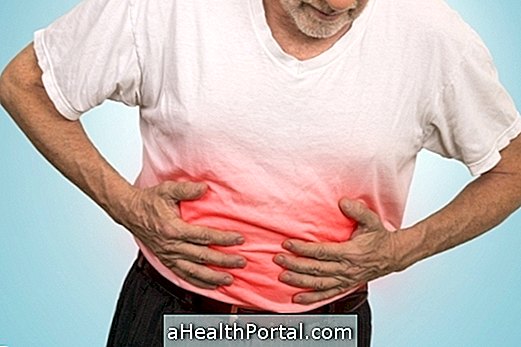
Symptoms of Acute Pancreatitis
The main ones of acute pancreatitis include:
- Intense pain in the upper part of the belly;
- Abdominal swelling;
- Excessive sweating;
- Increased heart rate;
- Nauseation and vomiting;
- Diarrhea.
Patients with symptoms of acute pancreatitis should go to the emergency room or consult a gastroenterologist for blood tests and abdominal CT scan to diagnose the problem and initiate appropriate treatment. Usually the result of lipase examination in the blood gives quite high, see more about this exam here.
How is the treatment done?
The treatment for acute pancreatitis should be guided by a gastroenterologist and consists of admitting the patient and leaving him fasted, being hydrated with saline solution in the vein. This procedure alleviates pain in about 80% of cases, as it decreases the activity of the pancreas.
In addition, your doctor may recommend the use of analgesic and anti-inflammatory drugs, such as Paracetamol or Ibuprofen, as well as antibiotics, such as Amoxicillin, to complement home treatment.
In cases of severe acute pancreatitis, surgery may be necessary to remove gallstones or to remove the affected part of the pancreas. In these cases, the patient may develop diabetes because the pancreas is responsible for the production of insulin, and therefore may need to take insulin injections for the rest of his or her life. Learn more about treatment for acute and chronic pancreatitis.
Diet for acute pancreatitis
The diet for acute pancreatitis consists of fasting on the first day of hospitalization. When the medical or surgical treatment reaches its objectives, one must initiate the oral diet, giving preference to:
- Foods rich in carbohydrates and lean proteins;
- Fruits, vegetables, greens and vegetables,
- Water, teas or coconut water.
It is very important that the patient does not consume very fatty foods, such as fried foods, cakes or salty snacks, because these foods require the enzymes produced by the pancreas to be properly digested and at this stage the pancreas must rest to recover.
Check out these and other tips in the following video:
